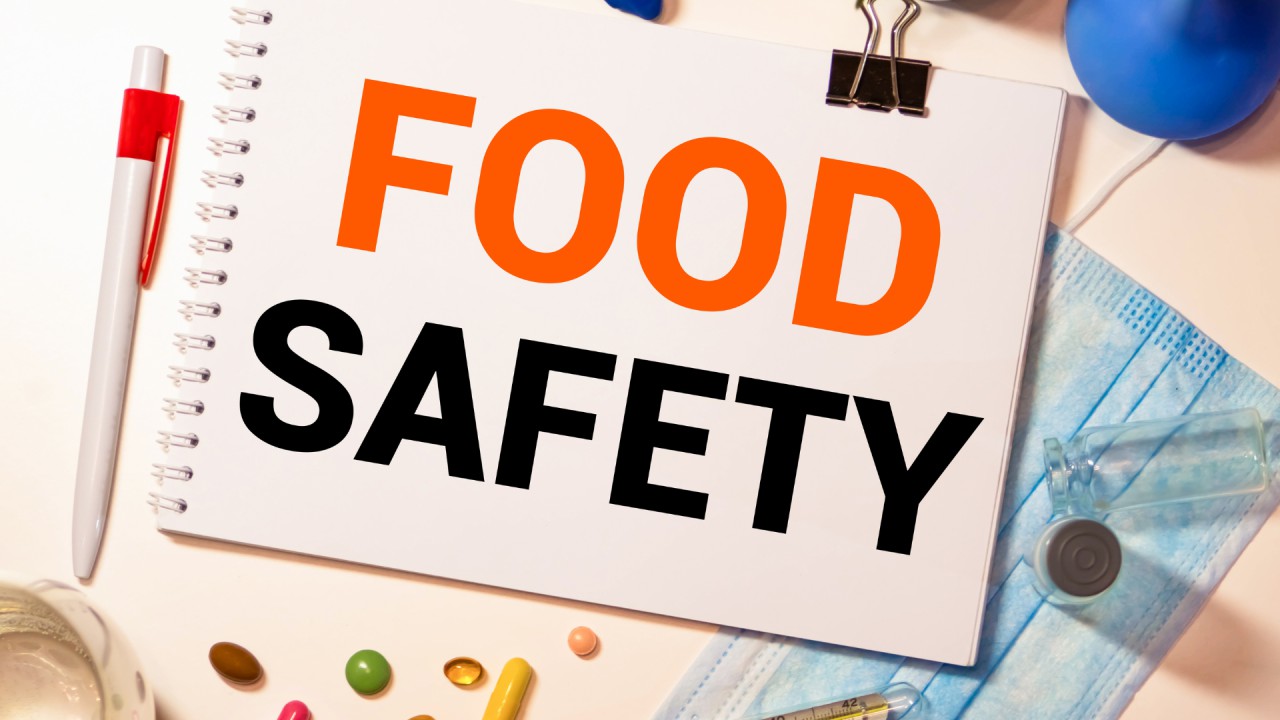HACCP Certification: Your Essential Guide to Food Safety Compliance in Dublin, Cork, Galway, and Across Ireland
In the dynamic world of food businesses, from bustling restaurants in Dublin to catering services in Cork and Galway, ensuring the safety and quality of food is paramount. One pivotal element in achieving this is HACCP (Hazard Analysis and Critical Control Points) training and certification. This essential training is not just a recommendation; it’s a legal requirement for food establishments across Ireland.
What is HACCP? Understanding the Core Principles of Food Safety
HACCP is a systematic approach to food safety that targets the prevention of food contamination and ensures safe food production. The HACCP system is based on seven key principles:
- Conduct a Hazard Analysis: Identify potential hazards that could affect food safety.
- Determine Critical Control Points (CCPs): Establish points in the food production process where hazards can be controlled or eliminated.
- Establish Critical Limits: Define maximum and minimum limits for each CCP.
- Monitor CCPs: Implement methods to monitor these critical control points.
- Establish Corrective Actions: Decide what actions to take when monitoring shows that a CCP is not within its critical limits.
- Verification Procedures: Ensure that the HACCP system is working effectively.
- Record Keeping: Maintain proper records to demonstrate compliance.
The Business Benefits of HACCP Training and Certification in Ireland
Beyond mere compliance with the law, HACCP training offers several business advantages:
- Preventing Food Contamination: Training equips staff with the knowledge to mitigate risks associated with food safety, significantly reducing the chances of foodborne illnesses.
- Building Customer Trust: Consumers are increasingly aware of food safety standards. HACCP certification signals your commitment to quality and safety, which helps build trust and loyalty.
- Compliance with Legal Requirements: HACCP training is required by both Irish and EU food safety regulations, ensuring that your business avoids costly fines and penalties.
- Improved Operational Efficiency: Implementing HACCP standards can streamline operations and reduce waste through better control of food safety practices.
How to Get HACCP Certified: A Step-by-Step Guide for Food Businesses
Obtaining HACCP certification involves several key steps:
- Enroll in HACCP Training: Choose a reputable HACCP training course tailored to your business needs. Consider online options if flexibility is essential.
- Conduct a Hazard Analysis: Work with your team to identify potential hazards specific to your food establishment.
- Establish Your HACCP Plan: Create a detailed plan that incorporates the seven principles of HACCP.
- Implement Procedures: Train staff on the procedures outlined in your HACCP plan.
- Monitor and Verify: Regularly check that your HACCP system is in compliance and make adjustments as necessary.
- Certification Audit: Engage with a certifying body to conduct an audit and provide feedback.
- Ongoing Compliance: Continuously review your procedures and make ongoing improvements.
Comparing Online vs. In-Person HACCP Training Courses
With the rise of digital education, many food business owners in Dublin, Cork, Limerick, and Waterford are weighing the pros and cons of online versus in-person HACCP training. Here are some factors to consider:
- Flexibility: Online HACCP training allows for learning at one’s own pace and is often more convenient for busy professionals.
- Accessibility: In-person training can provide more direct interaction with instructors and classmates, which may be beneficial for some learners.
Common HACCP Violations and How to Prevent Them
Even with HACCP training, food businesses face compliance challenges. Some common violations include:
- Inadequate Record Keeping: Ensure thorough documentation of all HACCP processes.
- Improper Monitoring: Regular checks are essential to maintain critical limits.
How HACCP Compliance Enhances Business Reputation and Consumer Confidence
Your commitment to food safety through HACCP compliance doesn’t just protect the public; it also enhances your business reputation. Customers increasingly prioritize safety in their purchasing decisions, and a HACCP certification stands out as a mark of excellence in the food industry.
Conclusion & Call to Action
If you’re a food business owner, restaurant manager, or catering professional, ensuring your compliance with HACCP is imperative. Invest in your future and the safety of your customers by enrolling in a HACCP training course today. For more information, reach out to us at [email protected].



 349,500 Offered Certificates
349,500 Offered Certificates
 24/7 Online Training
24/7 Online Training
 Money Back Guarantee
Money Back Guarantee
 Fully Accredited Courses
Fully Accredited Courses
